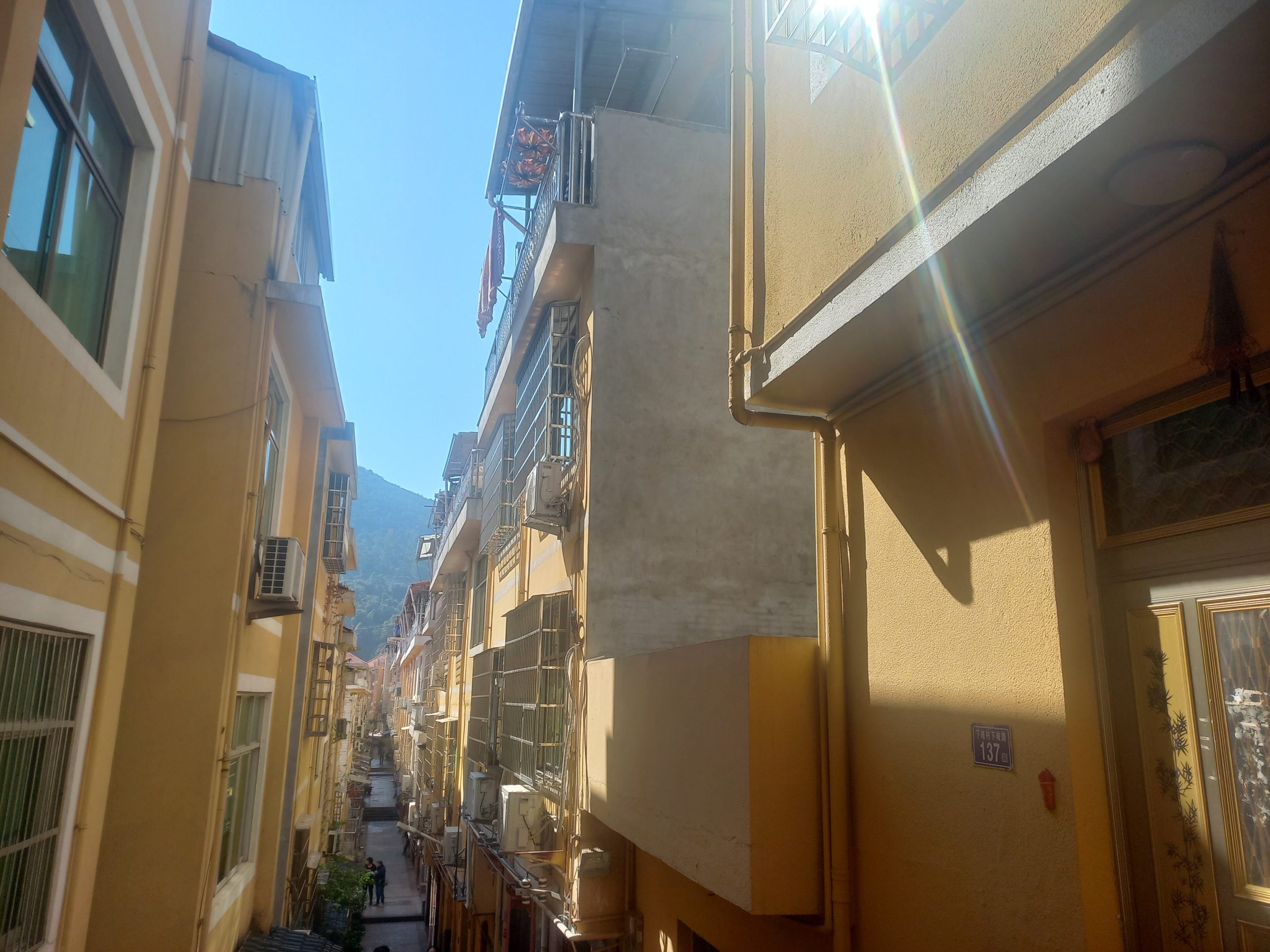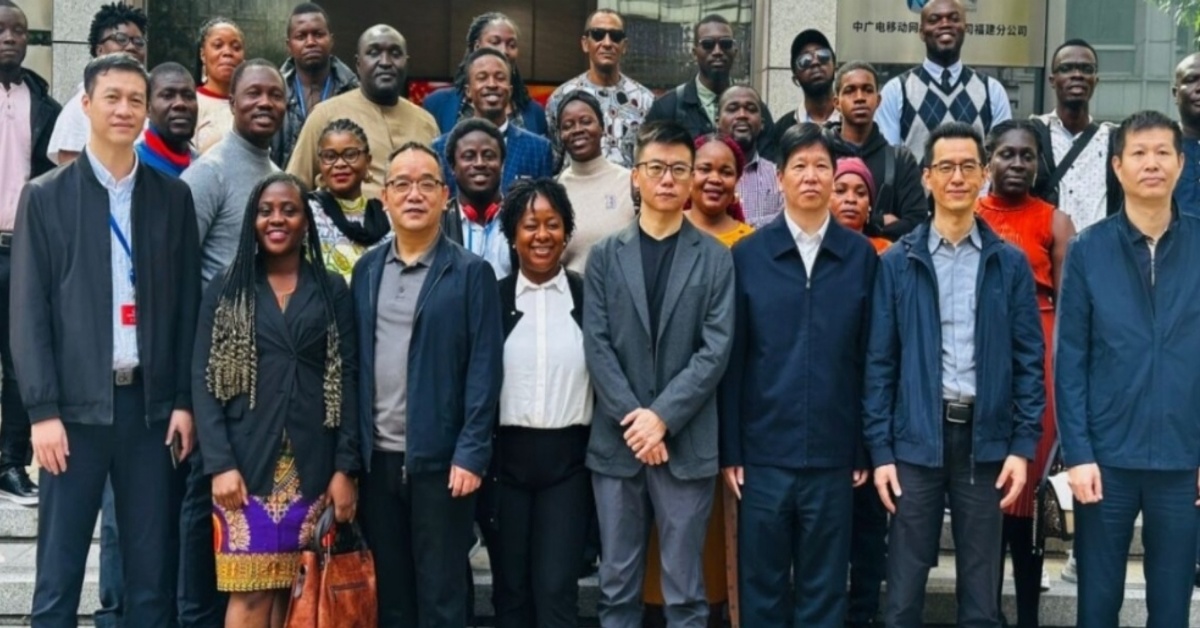Poverty is a common challenge facing the International Community and a crucial global problem. Fujian, the greenest city in China is a clear manifestation of how the Chinese nation is constantly marching towards the social Ideal of eliminating Poverty.
On Thursday November 24, a delegation comprising Sierra Leonean Press Officers, media regulators and Journalists paid visit to the Boat people of Fujian Province in China. The delegation explored various facilities, viewed some outstanding accommodations and immersed themselves with the rich history of how the boat dwellers lives were transformed through Poverty Alleviation.
Boat dwellers used to be a special poor people in China, living on boats for generations with a strong desire and high hope to settle down onshore and live a decent life. The sea and boats were everything they had.
While working in Fujian Province, Xi Jinping started the overall relocation of the boat dwellers. From moving ashore, settling down to getting rich, the absolute poverty that boat dwellers suffered for thousand of years had been eliminated step by step.
Xi Jinping’s leading boat dwellers out of Poverty epitomizes the sucess of China’s targeted Poverty Alleviation and the fruitful result of the continuous effort by the Chinese People under the leadership of the Communist Party of China, who stays true to the Founding mission. For a thousand of years, these great achievements have benifted the people and won global recognition.
According to report from Fujian, during Xi Jinping tenure at Ninder, Fuzhou, Fujian Province he visted the boat dwellers on several occasions. The Poor People were with no fixed abode were always close to his heart. It was a day in May or June in 1998. He boarded a small boat and went into the Cabin. He’s tall so he had to bend down to get inside. After looking closely, he grasped what life was like for the boat dwellers. A family of three generations squeezed in a tiny space of no more than two square meters. He then said we should brought boat People ashore earlier adding that they have not met the needs of the people because thier conditions are simply unacceptable.

He vividly described the conditions of the boat People in one of his statements below.
“A broken boat with a broken net, three generations live in one : Catch fish and shrimps in exchange for a cheap meal, scratch for a living in a shabby shelter. This is what their lives looks were like in the Past . Some fishermen even didn’t have a boat. They had to build a shack with linoleum and woven bags on the shore, which was hot in summer and Cold in winter. The Shack was even worse than the Yaodong House of Caves Where Farmers live on Loess Plateau. Because they lived in such an environment all year round, fishermen were generally short and their legs were bent. Their Poverty and Social discrimination made them have a strong sense of inferiority ” General Secretary Xi Jinping Commitment to Poverty Alleviation
A villager and a former Boat resident Jiang Wuquan states “While we were at sea nothing felt more scarier than a Typhoon. When it came the boat will threaten to Capsize at any moment Putting our lives in danger. Whenever a Typhoon struck, the mother would tie herself to the children, so that in event of a capsizing they could stay together whether they survived or died. At that time, seven or eight of us lived on a boat that was just over two meters wide. We had to sleep on our sides, covered by no quilt but fabric was all we had. My brothers and sisters had to take turns to wearing the same clothes. We were afraid of getting sick.”
Zengue Yue’s Secretary of Xiaqi Village Party Branch Ningder, Fujian emphasized that the major turning Point for the Change of the Xiaqi Village is the resettlement programme. She further revealed that Secretary Xi Jinping promoted the implementation of the Programme in December 1998.
Within two years 1998 to 2000, 399 buildings were constructed to accommodate all 2,810 boat dwellers from 510 households in the village and the People’s Per Capita net income also doubles 25 times the amount before the resettlement started.












You guys should have attach pictorial evidence. Any ways the articles is worth reading, thanks for your great update guys.